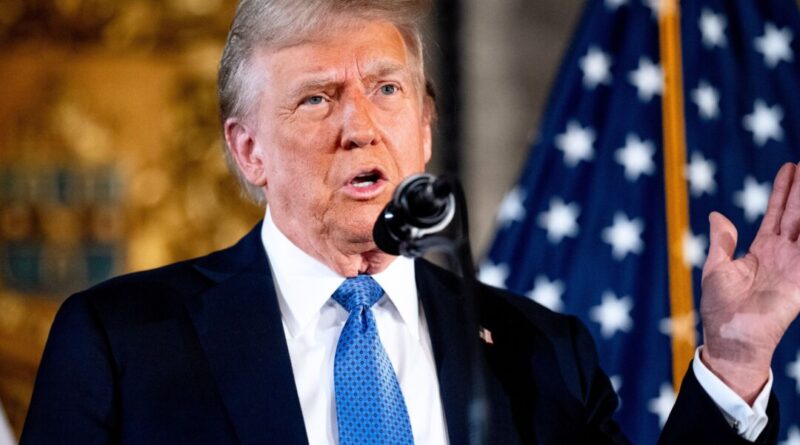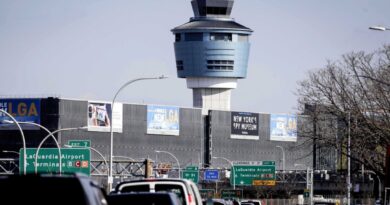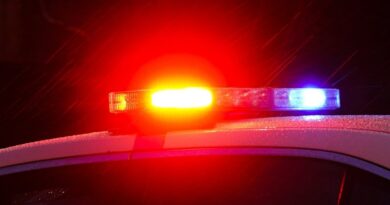Trump’s Lawyers Claim Juror Misconduct in New York Case
The lawyers are at odds with the district attorney regarding the extent of information to be disclosed to the public.
Attorneys for President-Elect Donald Trump have accused the court of “serious juror misconduct” in his case concerning alleged falsified business records, which is currently unfolding in New York.
The precise nature of the allegations remains ambiguous, and recently published discussions revealed that Trump’s attorneys are in disagreement with the Manhattan District Attorney Alvin Bragg’s office regarding the volume of information to be revealed.
“Doing so,” Merchan commented, “would jeopardize the safety of the jurors. … Should a legitimate claim be presented, these redactions will be reviewed again.”
He also indicated a hearing is necessary to assess the claims but noted that the defense is against holding such a hearing. “Allegations of juror misconduct should undergo thorough investigation,” Merchan stated. “However, this Court cannot adjudicate these claims based solely on hearsay and speculation.”
Trump’s legal team contended in their Dec. 3 letter that their client could not pursue appropriate remedies until the U.S. Court of Appeals for the Second Circuit decided on Trump’s petition to transfer the case to federal court.
“[T]he excerpts of the communications that counsel did share included a communication from [redacted] in which [redacted] clearly stated that counsel’s account of the alleged juror misconduct—the same misconduct outlined in the Dec. 3 letter—‘contains inaccuracies and omits additional information that I never shared,’” the letter asserted.
It further claimed that “[a]ccording to counsel’s own account of events, [redacted] dismissed several attempts to have [redacted] endorse the factual allegations that form the basis of the Dec. 3 letter.”
The letter charged Trump with failing to provide a sufficient record.
“Had the defendant submitted the sworn allegations necessary to file a legitimate motion … a hearing at which [redacted] allegations could be thoroughly investigated in a public setting might indeed be justified,” it stated.
“What he seeks instead is to introduce his unsworn, unverified, and at least partially inaccurate claims into the public sphere while simultaneously resisting any effort to properly assess them.”
A series of letters exchanged between the defense and the prosecution ensued, with Trump’s attorneys accusing Bragg’s office of attempting to conceal significant information. While they supported certain redactions, they expressed that they believed the scope of the prosecution’s requests was excessive and asserted that the public has a right to access criminal proceedings.
Merchan’s Dec. 16 letter emphasized that the court “must weigh the conflicting interests of the public’s right to transparency of these proceedings against the genuine necessity to uphold the privacy and safety of the jurors.”
The president-elect claimed that the case itself is illegitimate, and that Merchan’s opinion “contradicts our Constitution, and, if allowed to persist, would signify the end of the Presidency as we know it.”
On TruthSocial, Trump expressed that “Merchan has such little regard for the Constitution that he is upholding an illegal gag order on me.”
Matthew Vadum and Jack Phillips contributed to this report.




